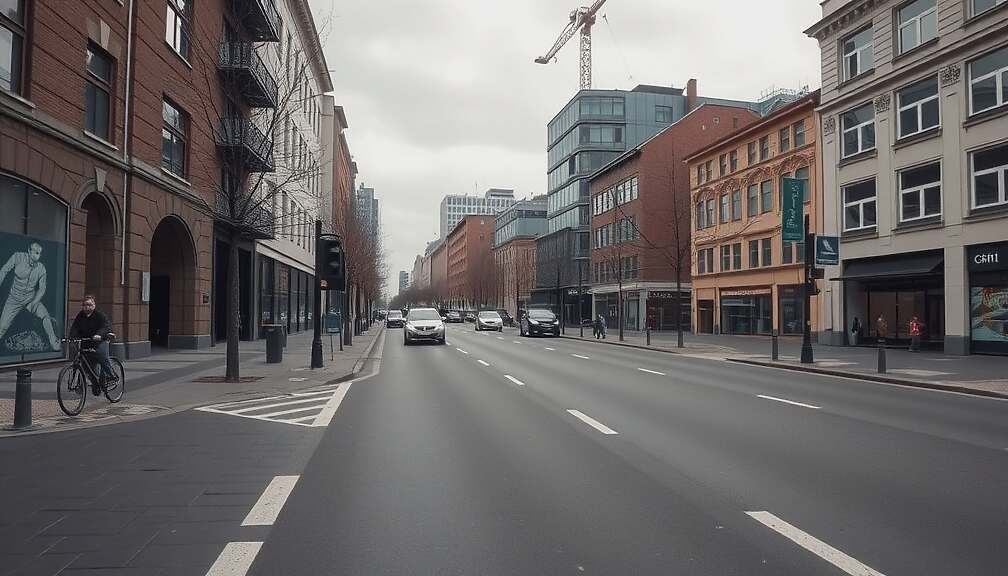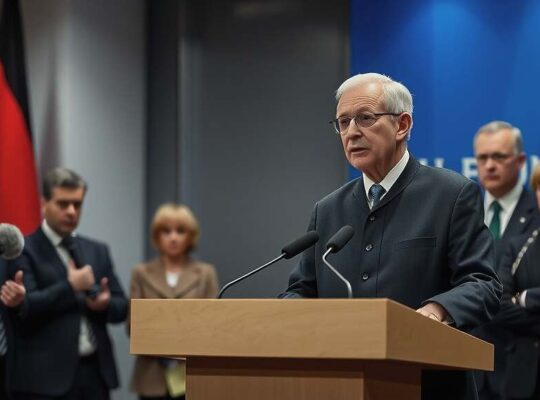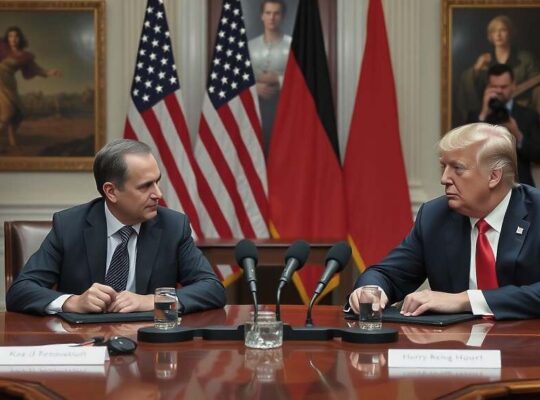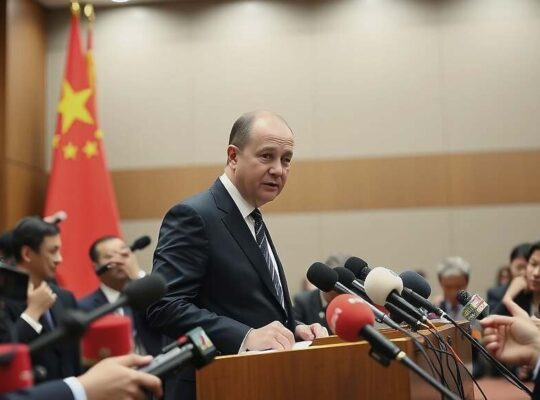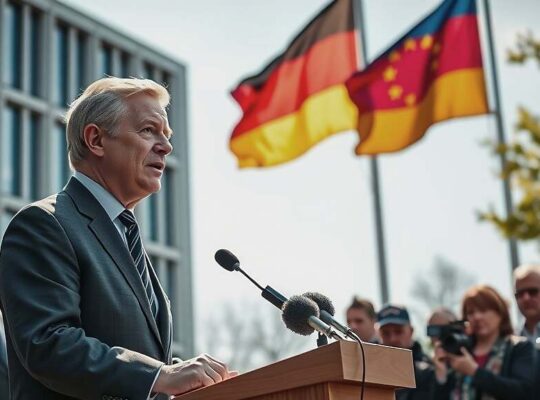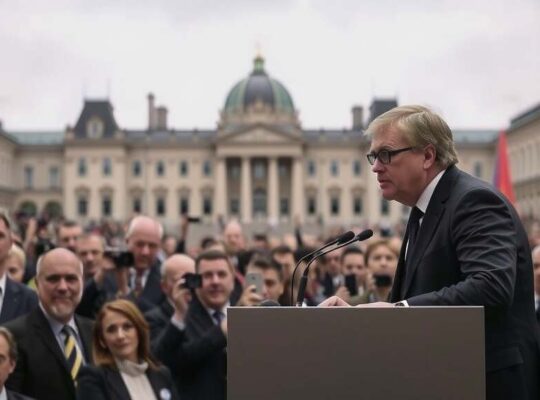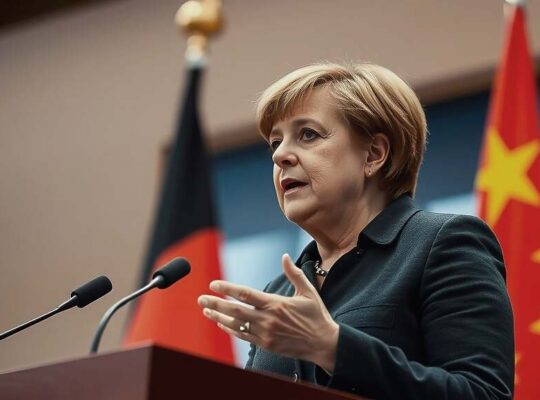Germany’s new Chancellor, Friedrich Merz, has ignited a political firestorm by signaling a push to reconsider the European Union’s stringent 2035 deadline for phasing out combustion engine vehicles. Following a high-profile automotive industry summit at the Chancellery, Merz stated a “hard cut” at 2035 was unrealistic and pledged to advocate for continued authorization of vehicles with CO2 emissions beyond that date.
The current EU regulations mandate a progressive reduction in permissible CO2 emissions from new vehicles, aiming for zero emissions by 2035. Merz, echoing concerns voiced by major automakers, argues that electric vehicle adoption is unlikely to reach a sufficient level – reportedly only around 50% market penetration by 2035 – to meet those targets. He championed a more flexible approach, explicitly encouraging German automakers and suppliers to pursue research and development across a broader spectrum of powertrain technologies, including synthetic and biogenic fuels for internal combustion engines – a path critics label as potentially delaying the transition to genuinely sustainable mobility.
Finance Minister Lars Klingbeil, while reaffirming the government’s commitment to electric mobility and climate goals, demonstrated a willingness to revisit Germany’s position in Brussels. He suggested potential adjustments regarding plug-in hybrids and range extenders, highlighting the need to safeguard German expertise in emerging automotive technologies. This pivot represents a calculated risk: accommodating concerns from the powerful automotive sector while attempting to maintain a credible stance within the EU’s climate agenda.
The automotive industry association (VDA) president, Hildegard Müller, welcomed the government’s acknowledgement of the need to address the CO2 fleet regulations, placing the onus on finding solutions within the EU framework. Simultaneously, IG Metall, a powerful metalworkers union, lauded the summit’s outcome but warned of continued job losses within the automotive sector if the transition is not managed strategically. Christiane Benner, the union’s chairwoman, specifically emphasized the urgent need for increased support for electric vehicle adoption – including expanding charging infrastructure, lowering electricity prices and providing purchase incentives – arguing that the future of automotive employment hinges on these critical elements.
The Chancellor’s intervention and the subsequent discussions underscore a fundamental tension: the necessity of ambitious climate action versus the potential economic and social disruption caused by overly aggressive timelines, particularly when confronting a sector as strategically vital to Germany’s economy and workforce. The coming weeks are expected to see intense lobbying efforts and negotiations within the EU, with Germany’s stance potentially shaping the future of automotive technology and the broader trajectory of the European Green Deal.


